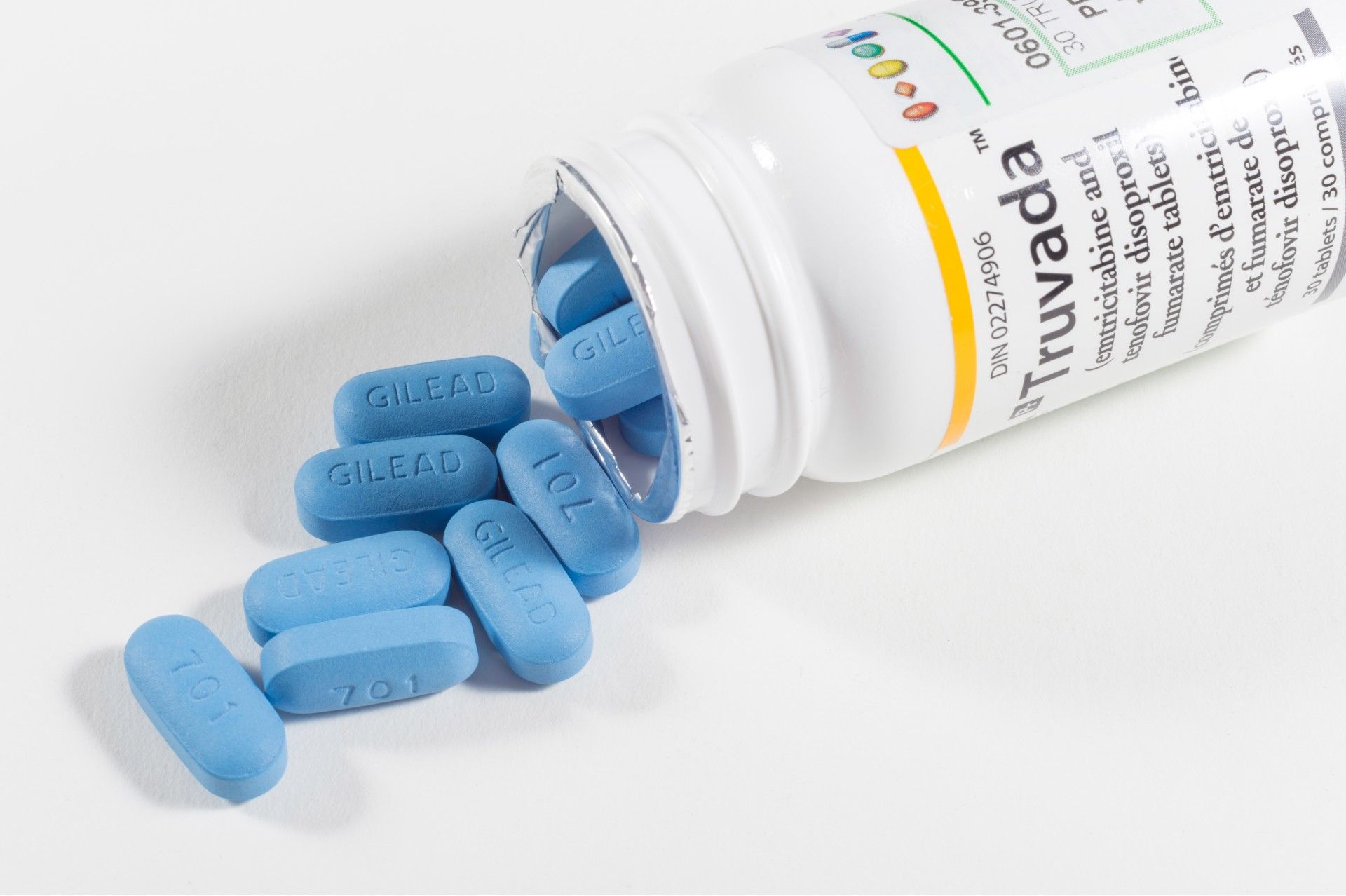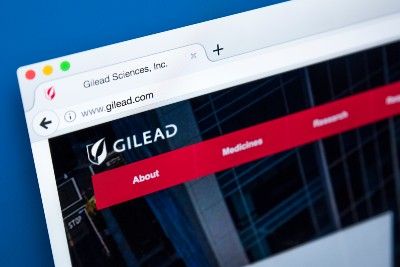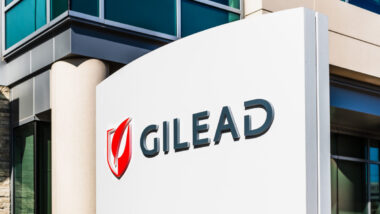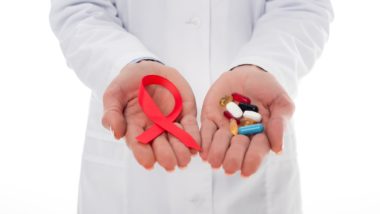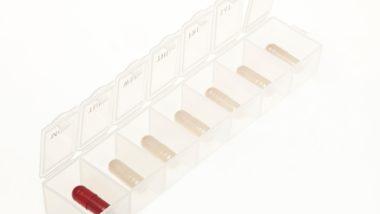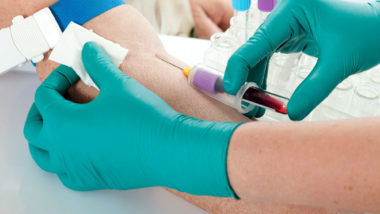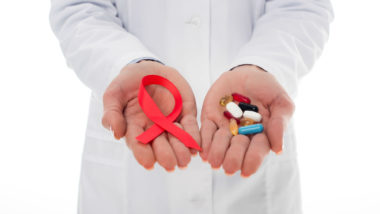Top Class Actions’s website and social media posts use affiliate links. If you make a purchase using such links, we may receive a commission, but it will not result in any additional charges to you. Please review our Affiliate Link Disclosure for more information.
A pharmacy operator recently filed a class action lawsuit against Gilead Sciences, alleging that the company forced direct buyers to purchase its HIV meds.
According to KPH Healthcare Services, an operator of retail and online pharmacies, Gilead Sciences, Bristol-Myers Squibb and Janssen engaged in an “anticompetitive scheme” that forced direct buyers such as pharmacies to purchase their combination antiretroviral therapy (cART) regimen drugs.
The scheme allegedly includes several HIV meds for which Gilead has allegedly acquired a monopoly.
CART drugs such as tenofovir are HIV meds that, when used with other medication, help to control the severity of HIV infections. Gilead reportedly manufacturers several tenofovir drugs, including Viread, Atripla, Complera, Stribild and Truvada.
Because Gilead is one of the dominant manufacturers of tenofovir — a commonly prescribed HIV medication — a significant portion of HIV patients reportedly use drugs made by the manufacturer. According to a 2015 investor presentation, around 611,000 of the 1.2 million HIV patients in America use at least one Gilead HIV product.
As a result of this monopoly, Gilead has allegedly earned significant profits as a part of its “HIV pipeline.” In 2017, the company’s profits from HIV meds were reportedly $14 billion. According to KPH, these profits increase significantly each year.
Despite making billions on HIV meds each year, Gilead allegedly sought to increase its profits and monopoly by entering into anticompetitive agreements with Bristol-Myers Squibb and Janssen.
Under the agreements, the other manufacturers allegedly agreed to not create a generic version of tenefovir, which would compete with Gilead’s products.
When the risk of generic competition became more of a threat, Gilead allegedly leveraged further restrictions against the manufacturers. In return, Gilead reportedly agreed to let the other manufacturers develop fixed-dose combination drugs and to not market a competing product until patents expired.
These agreements allegedly resulted in an even larger monopoly over HIV meds for Gilead and its co-conspirators.
In 2018, Gilead and the other manufacturers reportedly accounted for more than 75% of all nucleoside/nucleotide reverse transcriptase inhibitors (NRTIs), more than 50% of all third agents sales and more than 75% of all booster drug sales.
Although generic tenofovir entered the market in 2017, Gilead allegedly ensured its profits for years and even protected newer drugs from competition with the illegal anticompetitive agreements.
“In the absence of Defendants’ and non-party co-conspirators’ unlawful conduct, generic versions of cART regimen drugs would have launched sooner,” the HIV meds antitrust class action lawsuit claims. “Competition from generics would have driven prices down to competitive levels.”
KPH says it was significantly injured by the antitrust agreements because, due to the monopoly on HIV drugs, Gilead was able to charge a higher price for its products. As a direct purchaser with no competitive generics on the market, KPH allegedly had no choice but to purchase these expensive medications.
“As a result of defendants’ anticompetitive conduct, plaintiff and members of a putative direct purchaser class paid more for cART regimen drugs than they otherwise would have paid in the absence of defendants’ unlawful conduct and sustained damages in the form of overcharges for their cART regimen drugs requirements,” the HIV meds antitrust class action lawsuit contends.
KPH seeks to represent a Class of direct purchasers who bought cART drugs since Dec. 17, 2004. These direct purchasers were allegedly affected by Gilead’s antitrust activities.
To prevent further harm to themselves and other direct purchasers, KPH seeks injunctive relief stopping Gilead, Bristol-Myers Squibb and Janssen from violating antitrust laws.
The company seeks an order from the court that would require the manufacturers to actively dissipate the antitrust agreement and its consequences, as well as force the companies to pay damages to KPH and the Class.
What do you think of Gilead’s alleged HIV meds scheme? Share your thoughts on this issue in the comment section below.
KPH and the direct purchaser Class are represented by Francis O. Scarpulla and Patrick B. Clayton of the Law Office of Francis O. Scarpulla; Michael L. Roberts, Karen S. Halbert, Stephanie E. Smith, Sarah E. DeLoach and William R. Olson of Roberts Law Firm PA; and Dianne M. Nast of NastLaw LLC.
The Gilead HIV Meds Antitrust Class Action Lawsuit is KPH Healthcare Services Inc. v. Gilead Sciences Inc., et al., Case No. 3:20-cv-06961, in the U.S. District Court for the Northern District of California.
Read About More Class Action Lawsuits & Class Action Settlements:
Judge Dismisses Most Claims In KitchenAid Blender False Ad Class Action Lawsuit
Lawsuit Accuses San Francisco Police of Illegally Spying on Protesters

